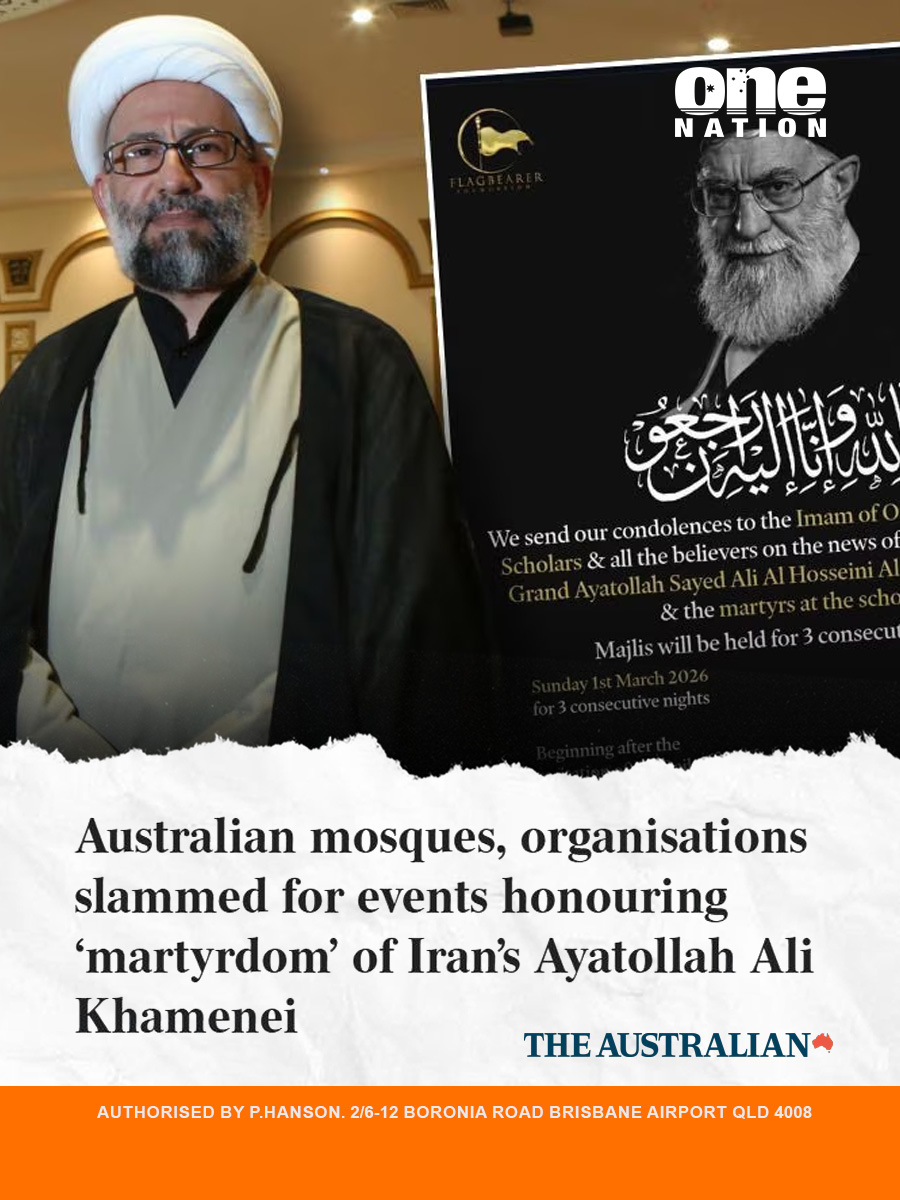Three inspirational women from New South Wales have been selected as finalists in the 2026 NSW/ACT AgriFutures Rural Women’s Award, recognising their leadership in education, technology and workforce sustainability.
The finalists reflect the growing diversity of industries shaping regional economies, from language and cultural education to artificial intelligence and veterinary practice reform. Each finalist has taken an innovative approach to respond to emerging challenges in their field, while creating practical, long-term benefits for communities and industries beyond metropolitan centres.
The 2026 finalists are:
- Kristie Ivone, from Albury, founder of Boas Language Academy, is building inclusive regional communities by partnering with migrants to turn language learning into a powerful bridge for connection, belonging and opportunity across regional New South Wales.
- Emma Spartalis, hailing from Clarence Town, is founder of Spartalis Consulting, an artificial intelligence and digital capability consultancy helping organisations understand, adopt and apply emerging technologies in ethical and practical ways.
- Sarah Golding, an Inverell veterinarian and founder of The Vet Mind Mentor, is strengthening rural veterinary services by mentoring graduate vets to build resilience, confidence and sustainable career balance.
The NSW/ACT AgriFutures Rural Women’s Award celebrates women who are driving change through entrepreneurship, innovation and leadership, while addressing complex social, economic and workforce challenges facing regional Australia.
The 2026 NSW/ACT winner will be announced on Wednesday 22 April and will receive a $15,000 Westpac grant to support the development of a project, business or program, along with access to professional development and national alumni networks.
The NSW/ACT winner will also go on to represent the state at the national AgriFutures Rural Women’s Award later in the year.
More information about the AgriFutures Rural Women’s Award is available at:
Rural Women’s Award | AgriFutures Australia
Minister for Agriculture and Regional NSW Tara Moriarty said:
“I congratulate Kristie, Emma and Sarah on being named finalists for the 2026 NSW/ACT AgriFutures Rural Women’s Award.
“These women demonstrate the depth of talent, innovation and leadership that exists across regional NSW, and the important role women play in strengthening industries and communities.
“This Government is committed to supporting women who are driving positive change and creating opportunities in regional and rural NSW.”
Minister for Women Jodie Harrison said:
“Women in regional New South Wales continue to show extraordinary leadership, resilience and creativity in the face of complex challenges.
“Congratulations to Kristie, Emma and Sarah, who are outstanding examples of women using their skills and expertise to build sustainable businesses and improve outcomes in their fields.
“As finalists in the AgriFutures NSW/ACT Awards, they are shining the light on regional women’s innovativeness and resourcefulness. It’s a great recognition of their achievements to date, and the potential they have to inspire and lead change into the future.”
AgriFutures Australia General Manager Jennifer Galloway said:
“The three New South Wales finalists of the AgriFutures Rural Women’s Award are leading with innovation, vision and determination to create meaningful change across rural Australia.
“They show how leadership can turn ideas into outcomes that strengthen rural industries, grow businesses and build resilient communities.
“The Award goes beyond recognition, providing women with funding, professional development and national networks to scale their ideas and deliver lasting economic, social and environmental impacts.
“By supporting these women, AgriFutures is investing in the future of rural Australia, a future shaped by bold leaders driving positive change for generations to come.”
Finalist Kristie Ivone said:
“It is a great honour to be named as a finalist alongside inspiring women championing change across regional Australia. This recognition celebrates strong regional communities, and the power of language to connect all those who choose to make regional Australia home.
Migrants make great contributions to our regional communities. I thank AgriFutures, Westpac, Women NSW and the supporters of this award for this platform to showcase the talent, diversity and vibrancy that migrants bring to the regional communities we love living in.
Each year, the award highlights inspiring women and important work that makes our regions stronger. It is an honour to be among them.”
Finalist Emma Spartalis said:
“I am deeply honoured to be named a finalist among such remarkable rural women. Every day, women across NSW and the ACT are holding together farms, businesses and communities under significant pressure. My work focuses on reducing operational strain and building practical digital capability, so rural women can lead sustainable, commercially strong businesses without sacrificing their wellbeing.”
Finalist Sarah Golding said:
“What an incredible privilege to have been named a finalist alongside such wonderful, deserving rural women, evoking much needed change within their industries. The veterinary profession is filled with highly dedicated individuals passionate about caring for our pets, wildlife & production animals. The Vet Mind Mentor initiative is committed to strengthening the resilience of our vets so they can enjoy happy, healthy careers servicing our regional communities.
I am beyond excited to see how this opportunity impacts my mission to foster a more sustainable veterinary industry, particularly for those practicing in the bush.”

